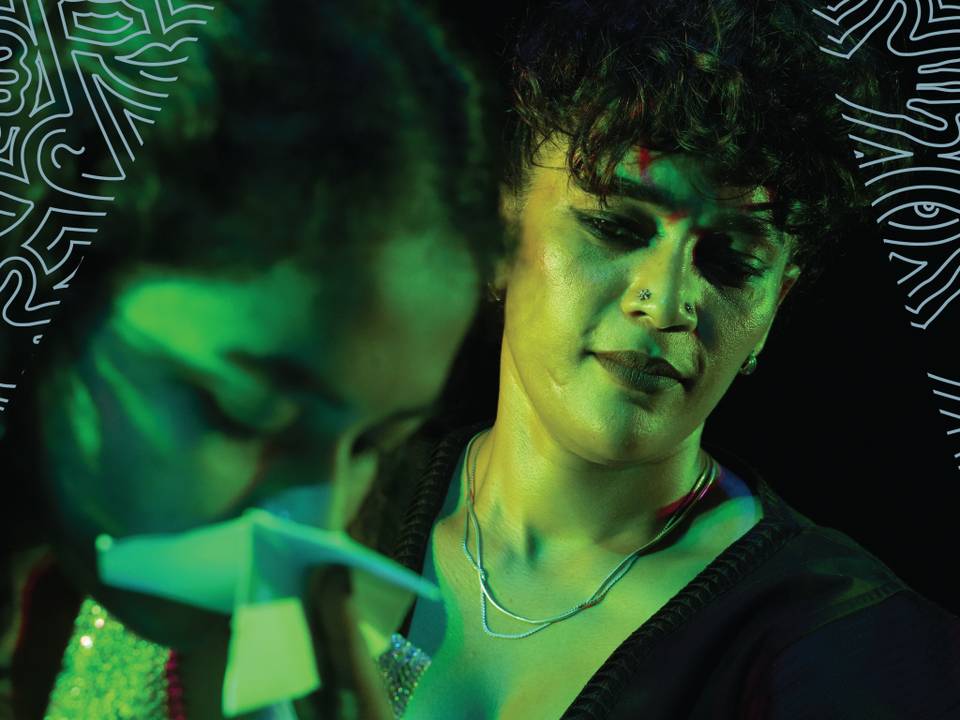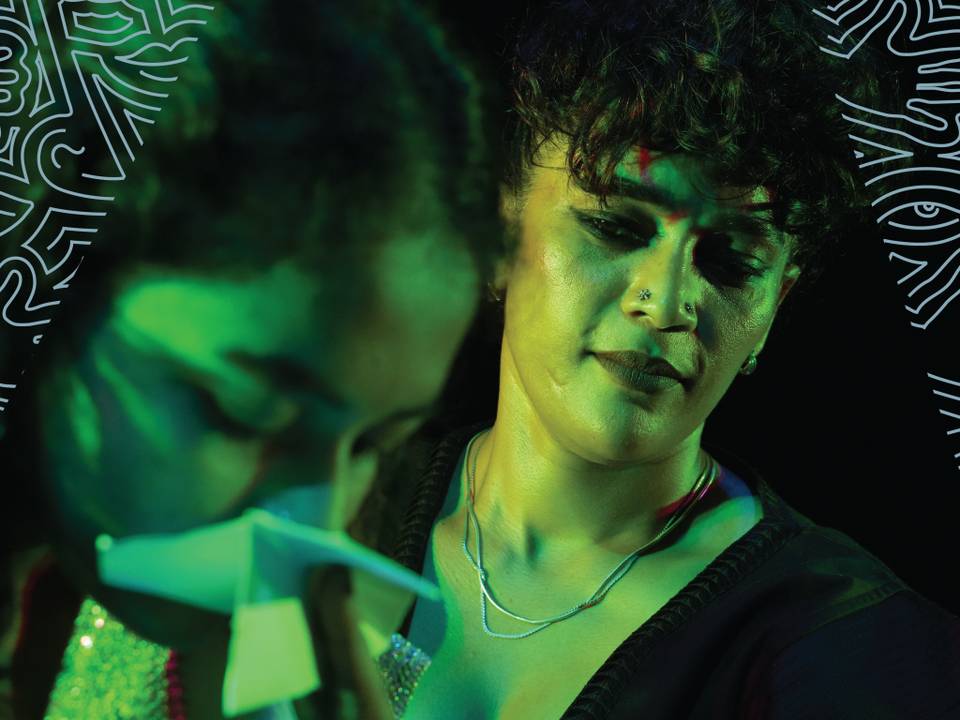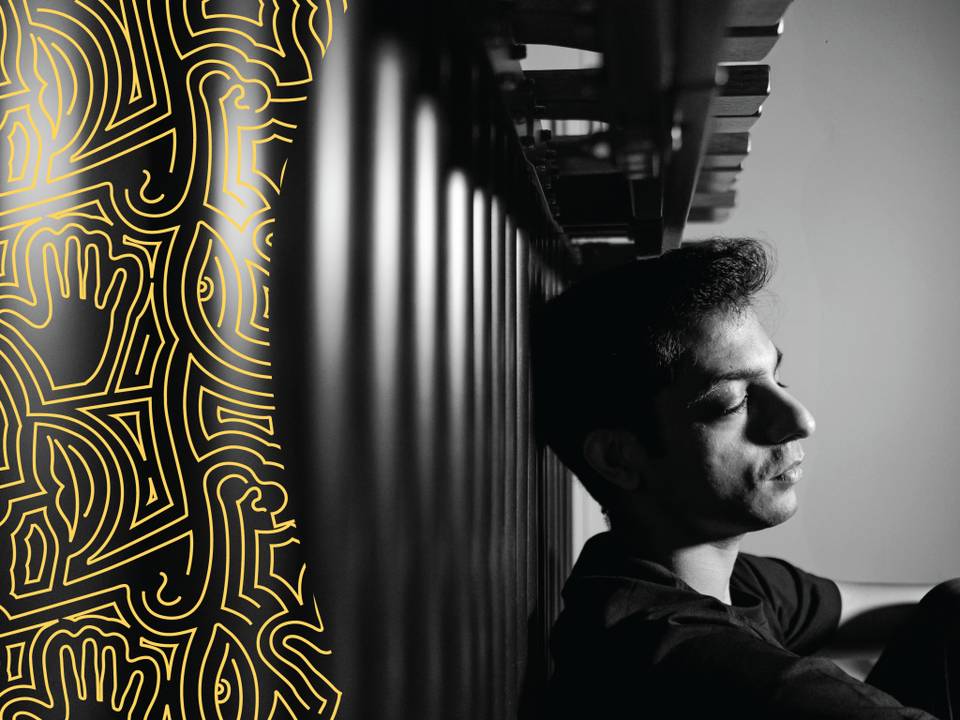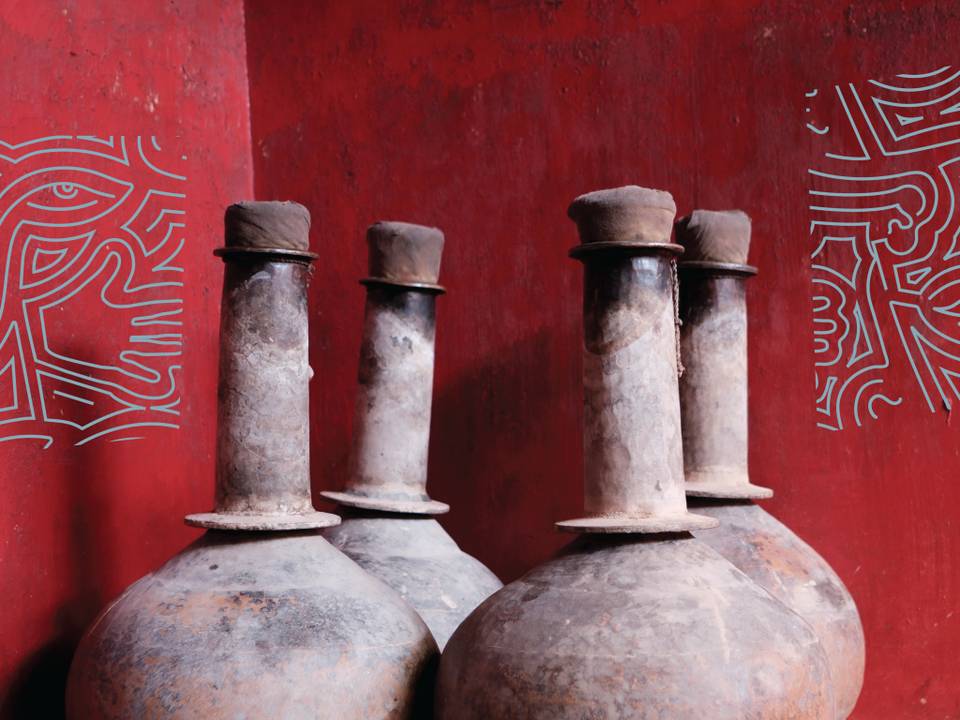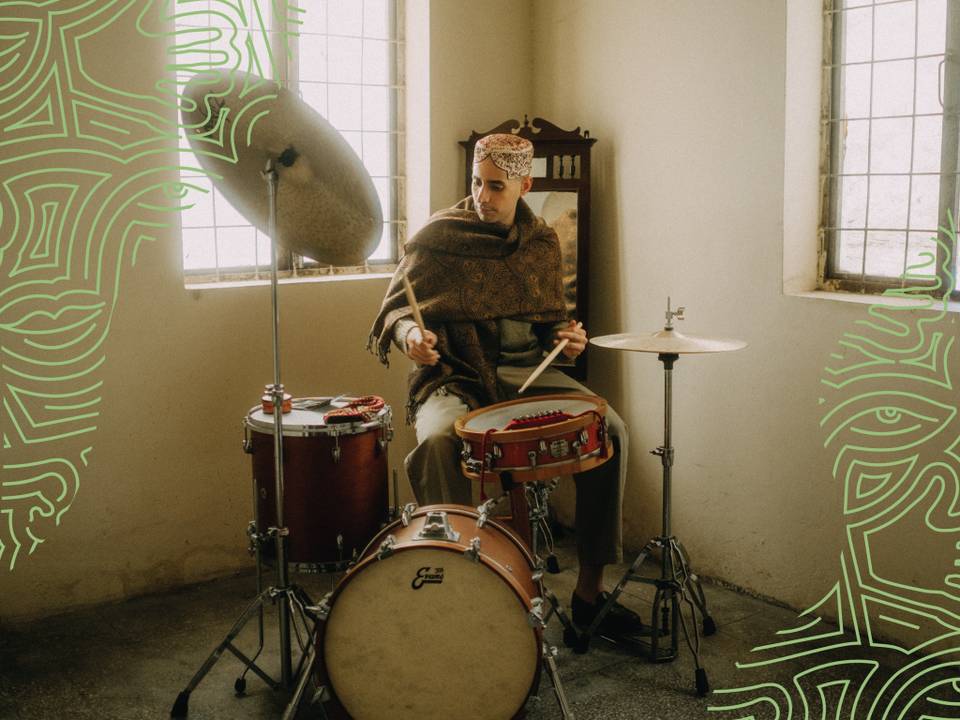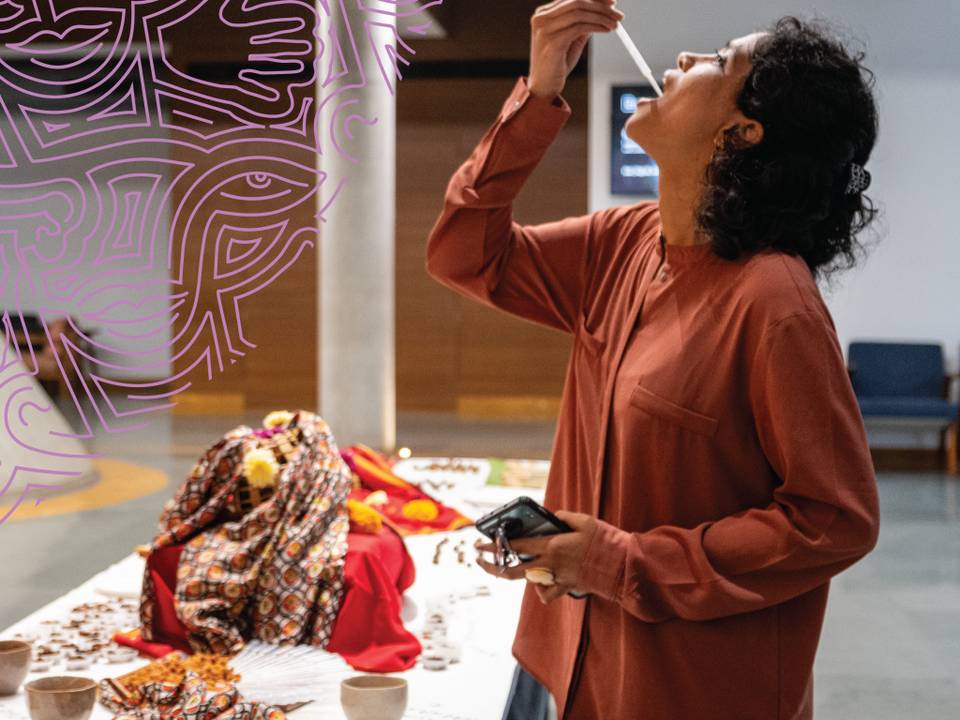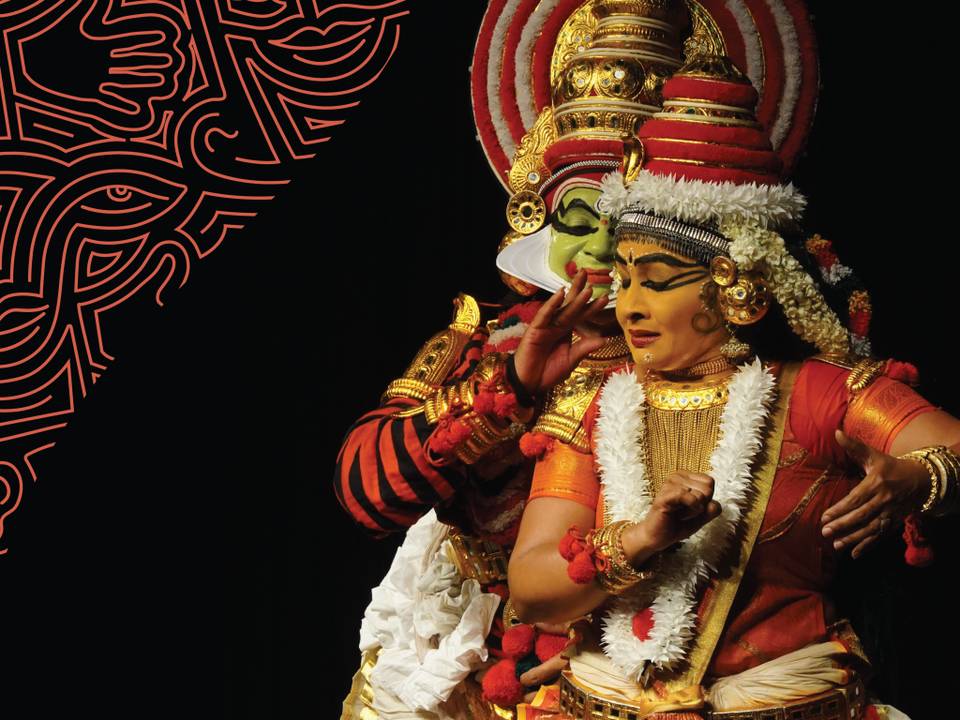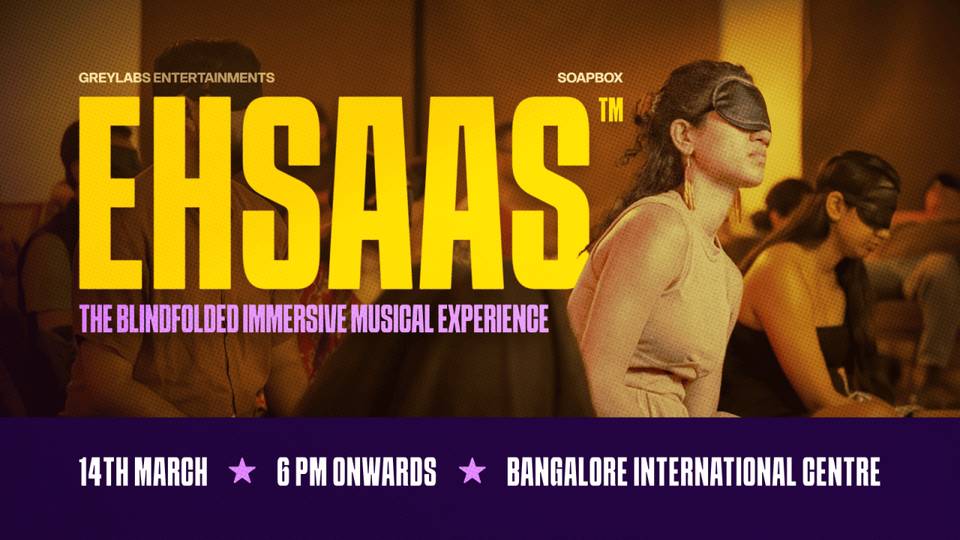Vanishing Ashwath Kattes People around the Peepul tree
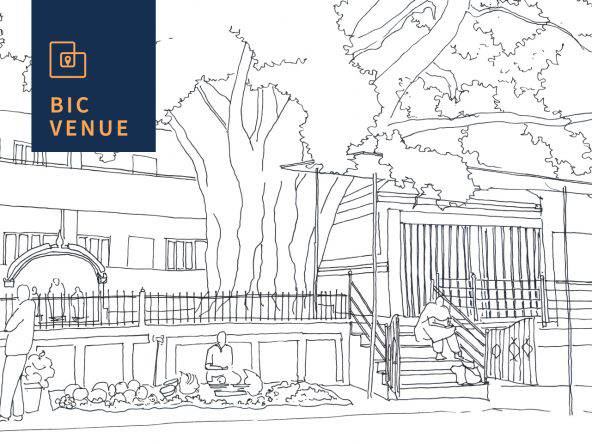
Details
Nov 16 2021 to Nov 16 2021 6:30 p.m.
EVENT HAS ENDED
Where
Bangalore International Centre
7 4th Main Rd, Stage 2, Domlur 560071
Event Description
In India, there are social and religious practices intersecting with the process of urbanization at various levels. This talk & exhibition is based on research that looks at how people are able to generate and sustain small, public spaces or ashwath kattes in the city of Bangalore through worshiping the peepul tree. Based on a study of 20 kattes, it finds that while these are religious spaces, they are also inclusive spaces for women, children and the elderly. It suggests that the social interactions that the peepul tree enables contributes to the collective memory of a place. It proposes that the higher the collective memory, the lesser the chances of the government encroaching upon these public spaces.
Speakers
Kiran Keswani
Co Founder, Everyday City Lab
Kiran Keswani is Co-founder, Everyday City Lab, an urban design lab that focuses on the everyday life of the city. She has had a design practice for the last 20 years. She holds a PhD from the Faculty of Planning, CEPT University, Ahmedabad. Since the last six years, she has been studying how ashwath kattes work as sustainable spaces and their relevance in city-making. She has taught design studios at CEPT University and open courses at the Azim Premji University. Currently, she is working towards developing a citizen science portal for building collective knowledge on Indian streets & public spaces.

